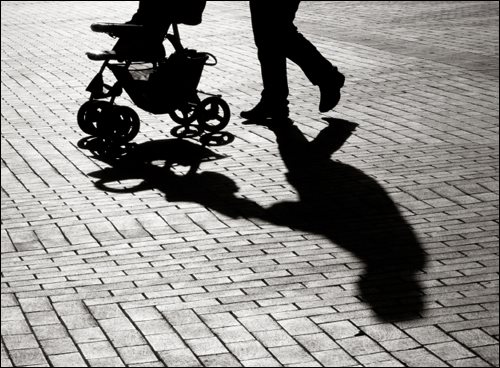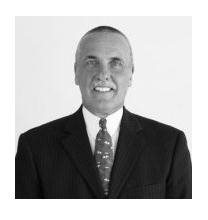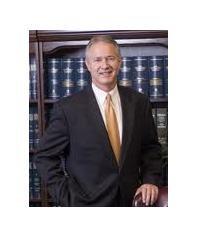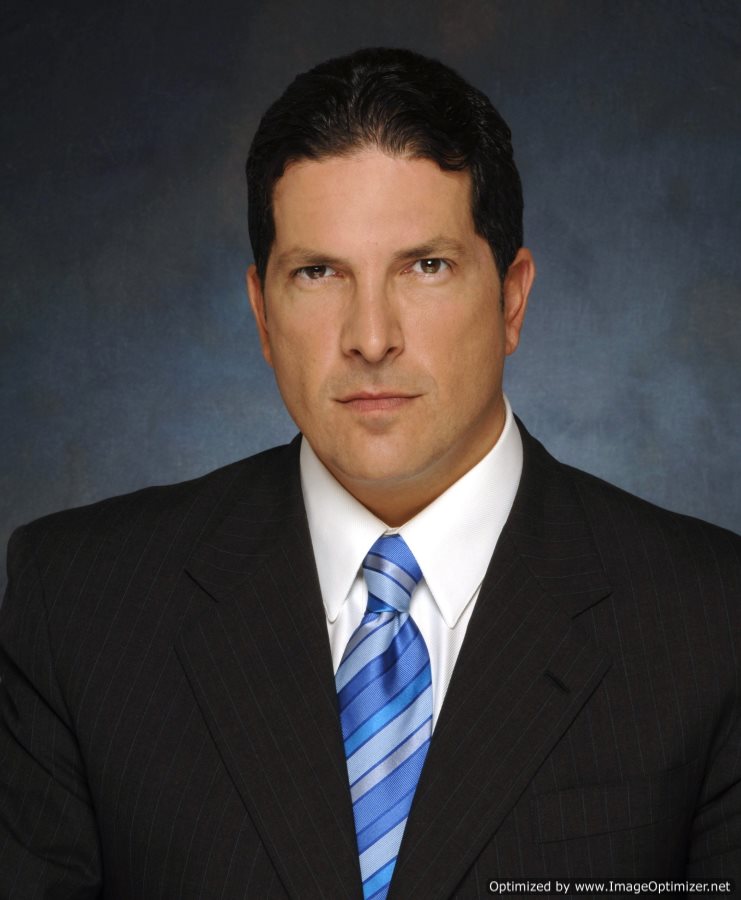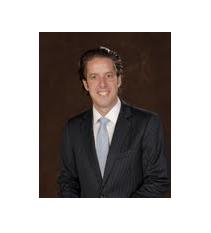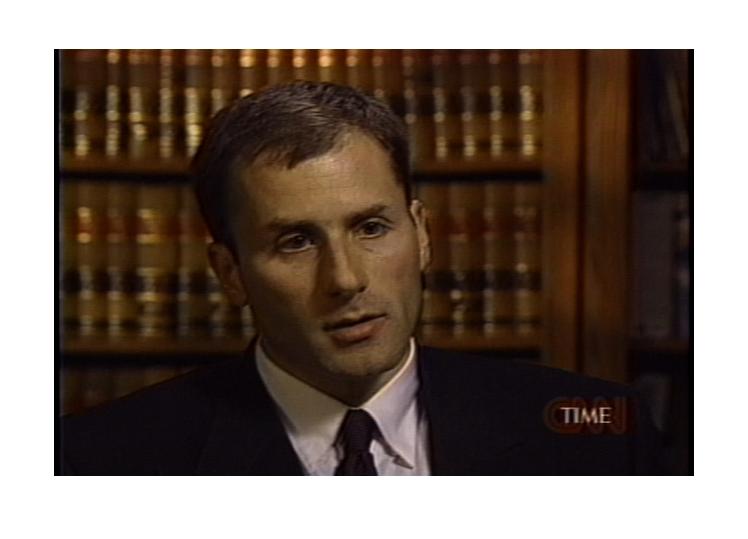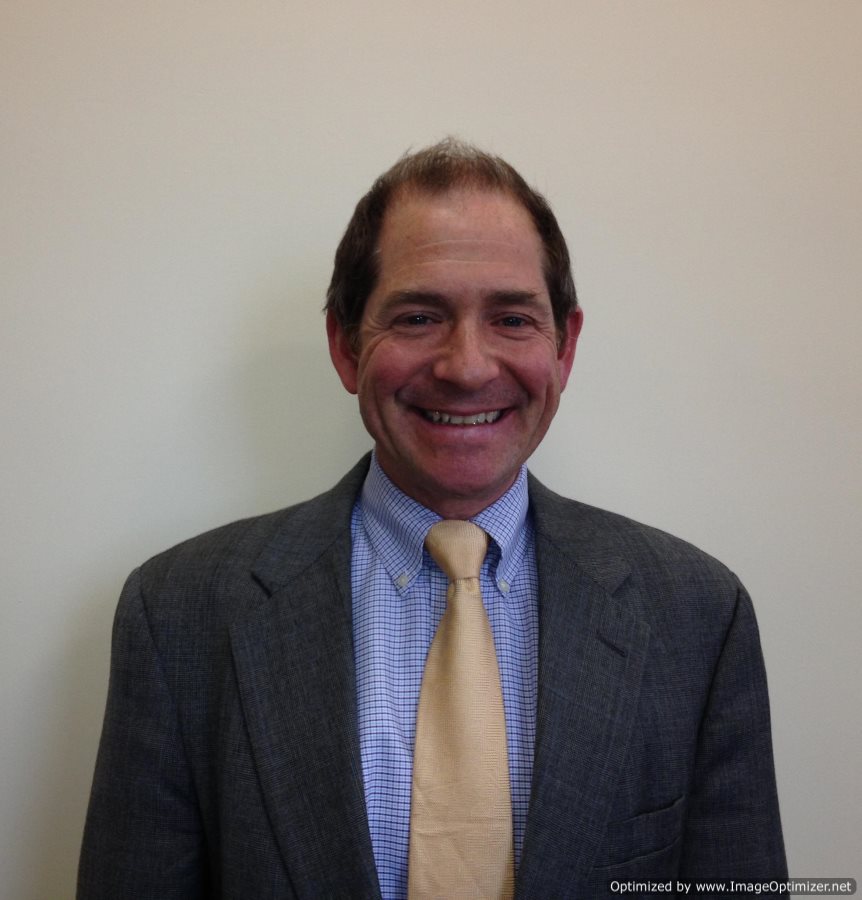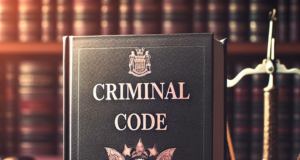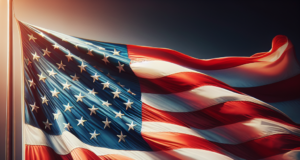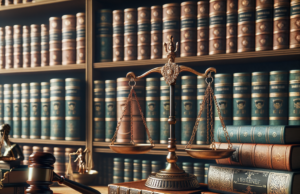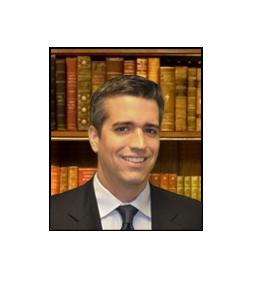
New York, NY—While some people only realize they want to be part of the criminal law world once they're already in law school, trial has been in defense attorney Matthew Galluzzo's blood for much longer.
“I can remember as a fifth grader organizing a criminal trial for a classmate who had committed some perceived infraction on the playground,” he told laws.com in a recent interview. “I assumed the role of prosecutor, grabbed a witness, and drafted a couple other kids to be the judge and the defense attorney.”
(More on News at LAWS.com, Contact Alberto for interviews “support@laws.com”)
Galluzzo's first foray into the world of criminal law didn't work out: “Unfortunately, my trial lasted about two minutes before the other kids got confused and distracted and ran off. But I think back to that vivid memory and laugh—maybe I was born to be a criminal lawyer? To be sure, I always loved the drama of the courtroom.”
After holding a job at the Manhattan District Attorney's office after graduation, Galluzzo started his own firm with a partner. “My first 'big case' was my first trial as a defense attorney,” he explains. “I was representing a man accused of robbery, and his criminal record was so significant that he was facing a potential life sentence on conviction.”
Instead of serving life, the man served just two years—“My client wept tears of joy, and I felt a unique combination of joy, relief, and exhaustion. It was my first trial as a defense attorney, but it still remains one of the real highlights of my professional career.” He and the client remain friends to this day, corresponding with letters and having lunch together from time to time.
Today, criminal defendants face a major challenge due to the underfunding of public defense attorneys, according to Galluzzo. “Their work is undervalued and their agencies are simply underfunded,” he says. “To me, the criminal justice system would be much more fair if we hired more qualified public defenders and paid them better.”
Galluzzo offers a unique piece of advice for would-be criminal defense attorneys. “I speak and write French fluently, and it has proven to be an enormous advantage to me in terms of winning clients,” he says. “I think foreign language skills are seriously underappreciated in this business, and I highly recommend that anyone interested in becoming a criminal defense attorney either develop skills in a second language or improve upon existing ones.”
In his firm, Galluzzo says that he chooses to represent clients based on more than just the bottom line. “Though I can't afford to only represent people who can't pay reasonable retainers, I'd honestly rather represent a reliable and level headed client without much money than defend an obnoxious and irrational client with a lot of money.”
When trying to decide whether to go to trial, Galluzzo says that it's his opinion that innocent people should never take a plea deal, regardless of the circumstances. “Otherwise, I think it can be a good idea to go to trial if the defendant has a reasonable chance of winning, or if the defendant does not have too much to lose.”
The secret of happy attorneys, according to Galluzzo, is getting great partners. The two other attorneys at Galluzzo's firm, he says, “give me tremendous confidence in our work. We really enjoy each other's company, and I consider themselves to be my brothers at this point. Also, we bring different skills and perspectives to the table, and that gives our firm an unusual amount of flexibility and versatility. I feel very fortunate to be part of such a great team, and I know that I would not be as happy or as successful as a solo practitioner.”
Matthew Galluzzo is an aggressive and accomplished litigator who cares deeply about his clients. He has experience representing high-profile clients in high-stakes matters and gets outstanding results under pressure. His clients often rave about him and routinely refer their friends and loved ones to him. He specializes primarily in criminal defense, appeals, civil rights, and civil litigation. To learn more about this reputable New York Criminal Defense Attorney and his practice.
Galluzzo & Johnson LLP is located in the historic Bank of New York Building at 48 Wall Street in the heart of the financial district in downtown Manhattan. To learn more about him, visit www.gjllp.com/
